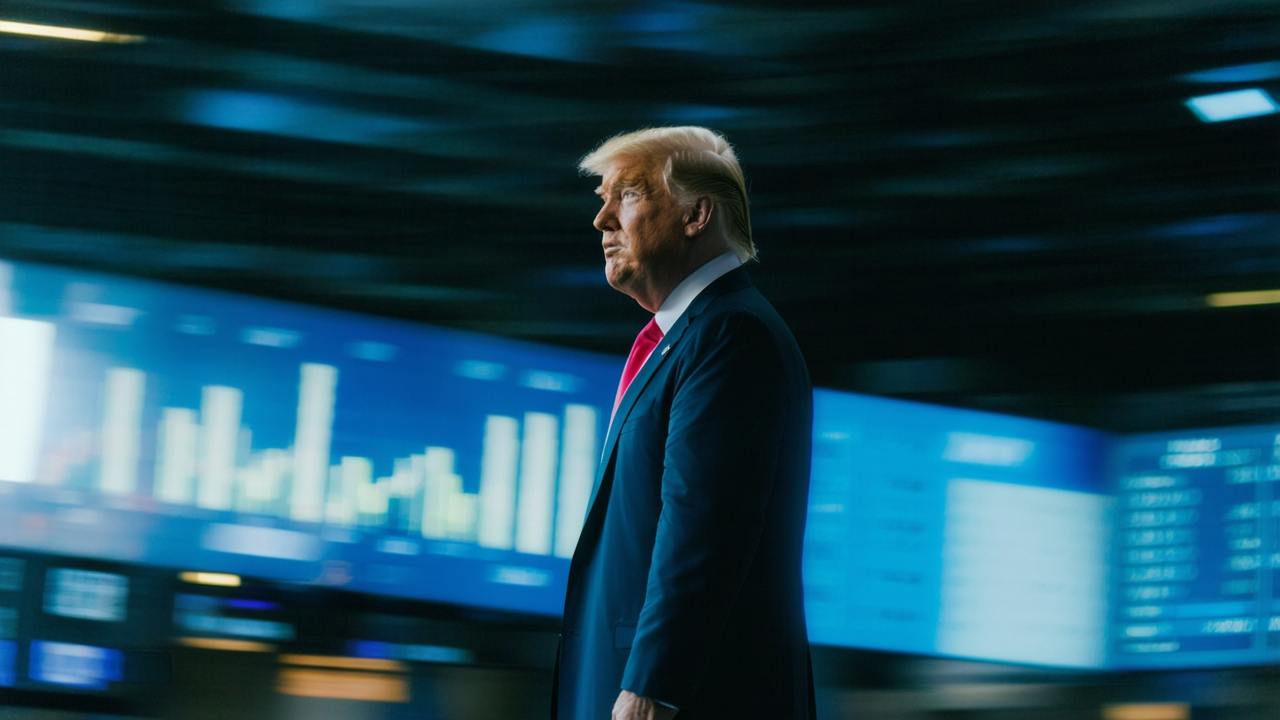Ambitious Plan Echoes Smoot-Hawley Tariff

The recent implementation of significant tariff increases by President Trump has drawn comparisons to the controversial Smoot-Hawley Tariff Act of 1930, a measure that economists widely agree exacerbated the Great Depression by sparking a global trade war and dramatically reducing international commerce.
Smoot-Hawley Tariff Background
The Smoot-Hawley Tariff Act, formally known as the United States Tariff Act of 1930, was signed into law by President Herbert Hoover on June 17, 1930. Sponsored by Senator Reed Smoot of Utah and Representative Willis C. Hawley of Oregon, both Republicans, this legislation significantly raised import duties on over 20,000 goods. The act's primary goal was to protect American businesses and farmers from foreign competition, particularly those affected by the Great Depression. With tariffs increasing from an average of 40% to nearly 60% on products already facing import taxes, Smoot-Hawley represented the second-highest tariff in American history.

Economic Impact of Smoot-Hawley
The Smoot-Hawley Tariff Act had devastating consequences for both the U.S. and global economy. Between 1929 and 1933, U.S. imports plummeted by 66% while exports fell by 61%, leading to a significant reduction in international trade. This protectionist measure triggered retaliatory tariffs from other countries, exacerbating the effects of the Great Depression. The economic contraction was severe, with U.S. Gross National Product (GNP) dropping from $103.1 billion in 1929 to $55.6 billion in 1933. While not the sole cause of the Great Depression, many economists and historians agree that the Smoot-Hawley Tariff worsened its effects, contributing to a downward spiral in global economic activity.
Parallels with Trump's Tariffs
President Trump's recent tariff increases bear striking similarities to the Smoot-Hawley Act, raising concerns about potential economic repercussions. On February 1, 2025, Trump implemented a 25% tariff increase on Canadian and Mexican goods and a 10% increase on Chinese imports via executive order. This move has already prompted retaliatory measures from Canada and Mexico, echoing the global trade war sparked by Smoot-Hawley. New York officials warn of devastating impacts on consumers, with Senator Kirsten Gillibrand describing the situation as "a hot mess". The tariffs are expected to affect a wide range of everyday items, potentially leading to higher costs for consumers and job losses in export-oriented industries.
Lessons from Protectionism
The Smoot-Hawley Tariff Act serves as a cautionary tale against protectionist trade policies, highlighting the potential risks of escalating trade disputes in an interconnected global economy. Its disastrous effects led to a significant shift in U.S. trade policy, marking the end of high tariffs in 20th century American trade strategy. This historical lesson has informed subsequent administrations, with Franklin Roosevelt decrying the enactment of Smoot-Hawley during his 1932 presidential campaign. Despite these historical warnings, the recent implementation of tariffs echoes past mistakes. Economists warn that such measures could lead to reduced international trade, higher consumer prices, and potential job losses in export-oriented industries. The targeted retaliatory tariffs by Canada on states that supported Trump's re-election, including products like Kentucky peanut butter and Tennessee bourbon, demonstrate the complex political dimensions of modern trade disputes.
Member discussion